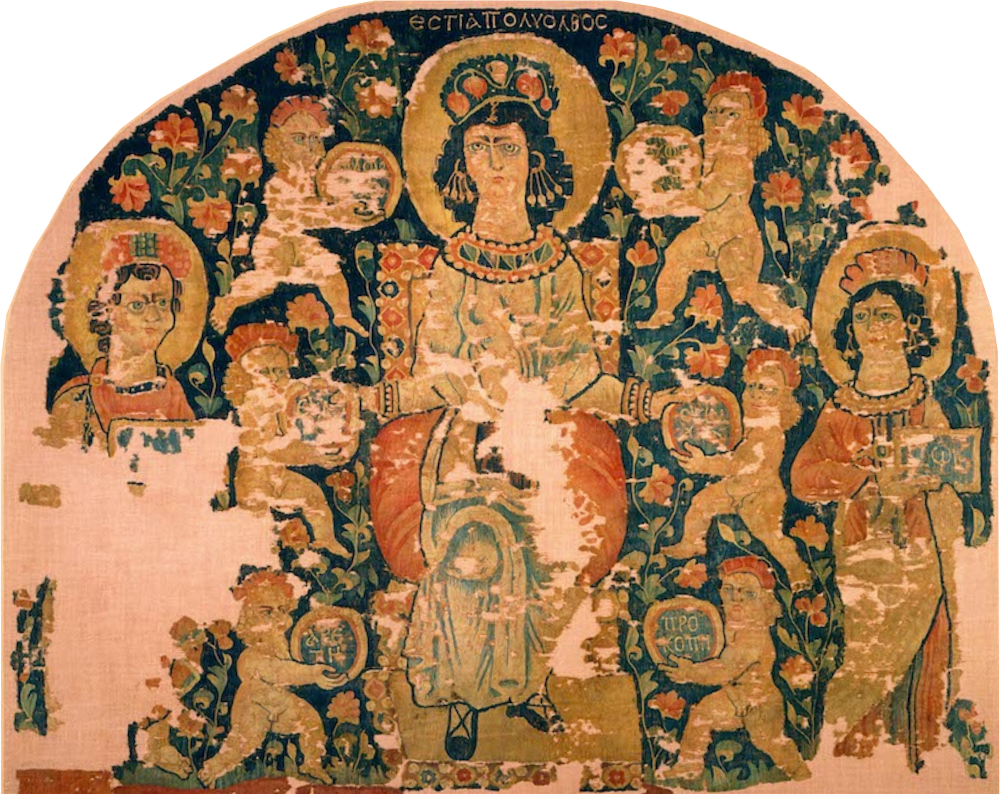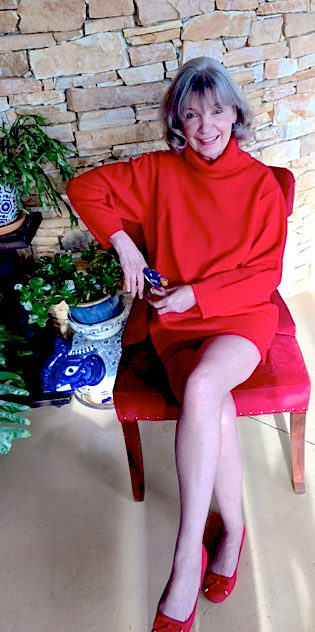KATHERINE NEVILLE’S
Sacred Fire Newsletter
February 16-17, 2021
Meat on Mars’ Day
Carnival (Fat Tuesday or “Tiw’s” Day, a Norse god–or in French, Mardi Gras = Mars Day) is the last day, as the name “Carnival” suggests, to eat carne: meat! After that, we have forty days of Lent–‘quarante‘ in French–from which we also get the word ‘quarantine‘–to be isolated for forty days during a plague.
As they say in New Orleans, the forty days of Lent are there to provide a chance to atone for sins we’ve committed over the prior year. (But just in case we have forgotten any of those, Mardi Gras gives us the opportunity to revisit them!)
Last year–in 2020, just after Mardi Gras–I was in New Orleans. The pavements were still strewn with streamers and necklaces and Carnival masks, and people were still out in the streets, eating and drinking and singing and dancing and playing jazz, and laughing about the “coming plague” that we had all just started to learn about. (Two years ago, during Carnival, I was in Malta researching my book! Visit my website to see: Carnival in Malta)
Carnival and Lent may be a longtime Christian practice. But the tradition goes back to ancient Rome, Greece, the Nordic and Celtic lands, and earlier, to India.
Ashes on Mercury’s Day
We dedicate this day to Roman god Mercury, Mercredi in French, originally the Greek god Hermes, who created fire (by rubbing a stick in a pestle) on the very first day he was born!
Thousands of years earlier than Greece or Rome, Agni, the fire god of India, was both the fire itself and the offering that is consumed by it. Fire is transforming and cleansing. Bathing in the ashes of the sacrifice absolves the supplicant of all sins. Agni’s fire altar (where things are ‘altered’) was made of black-and-white squares–a cosmic chessboard that connected us to the universe.

The game of chess itself came from India–the pieces were soldiers in the Indian army, including their horses, camels and elephants. Much later, in Greece, Agni became Hestia, who personified ‘the Hearth,’ the virgin fire, whose flame must always be kept alive.
In my book The Fire (sequel to The Eight) as the characters become aware of the cosmic meaning and power of the chessboard, we begin to comprehend the ancient prophecies, and the connection between the sacred Fire Altar of sacrifice, and ‘The Game.’ Our heroine, child chess champion, Alexandra–daughter of Solarin and Cat–like some of the other characters, is now a chef who cooks over an open hearth. Another character, Talleyrand’s (real life) chef, Antonin Careme, was the first ‘celebrity chef,’ whose name (in real life) was French shorthand for the quarantième (40) days of Lent.
Focus on Fire
The Latin word Focus means ‘The Hearth’ or ‘Fireplace’ (place of the offering.) So, for the next forty days of our ‘quarantine’ let’s focus on what we can offer to help re-connect us with the Cosmic Plan!

